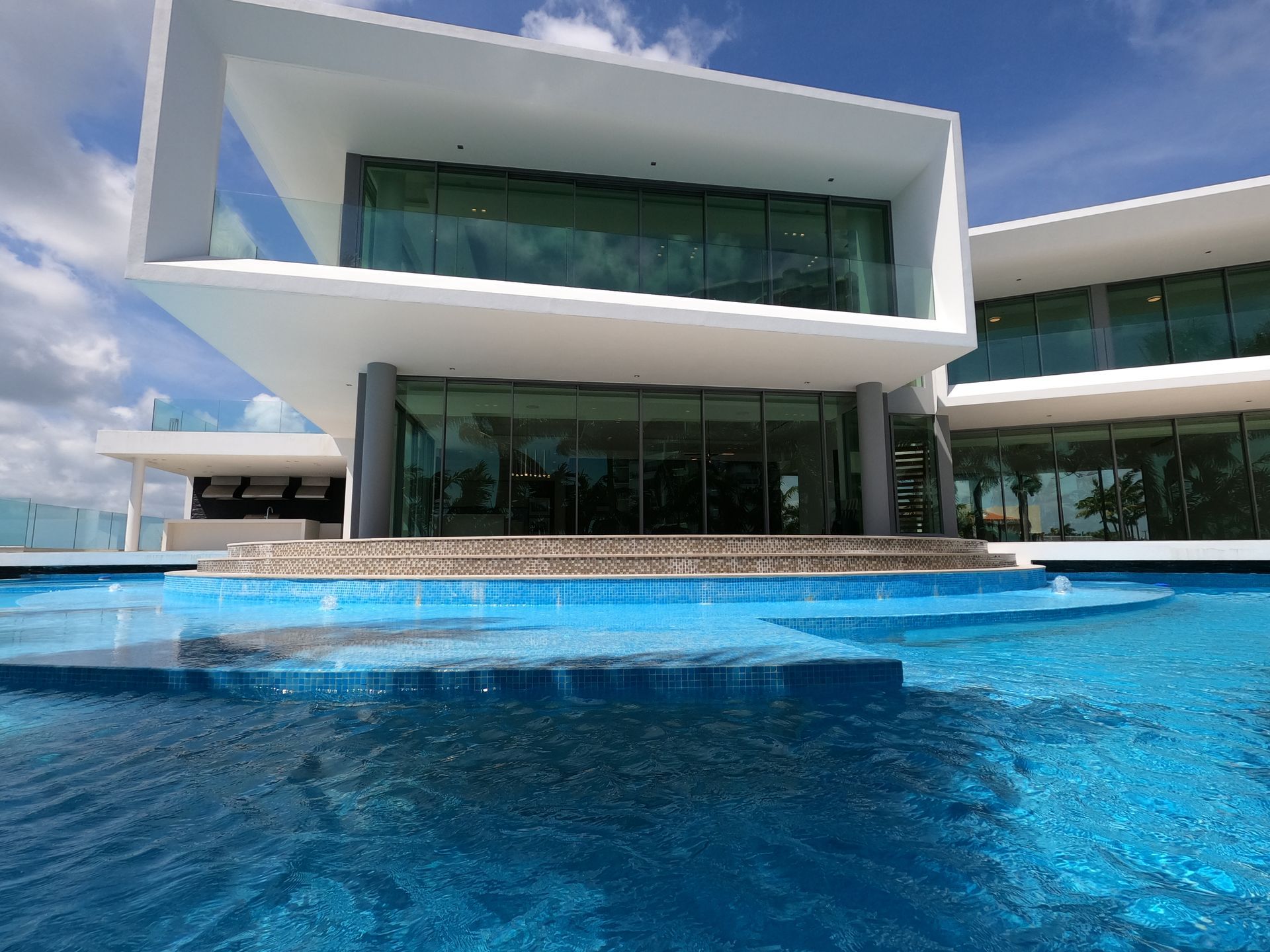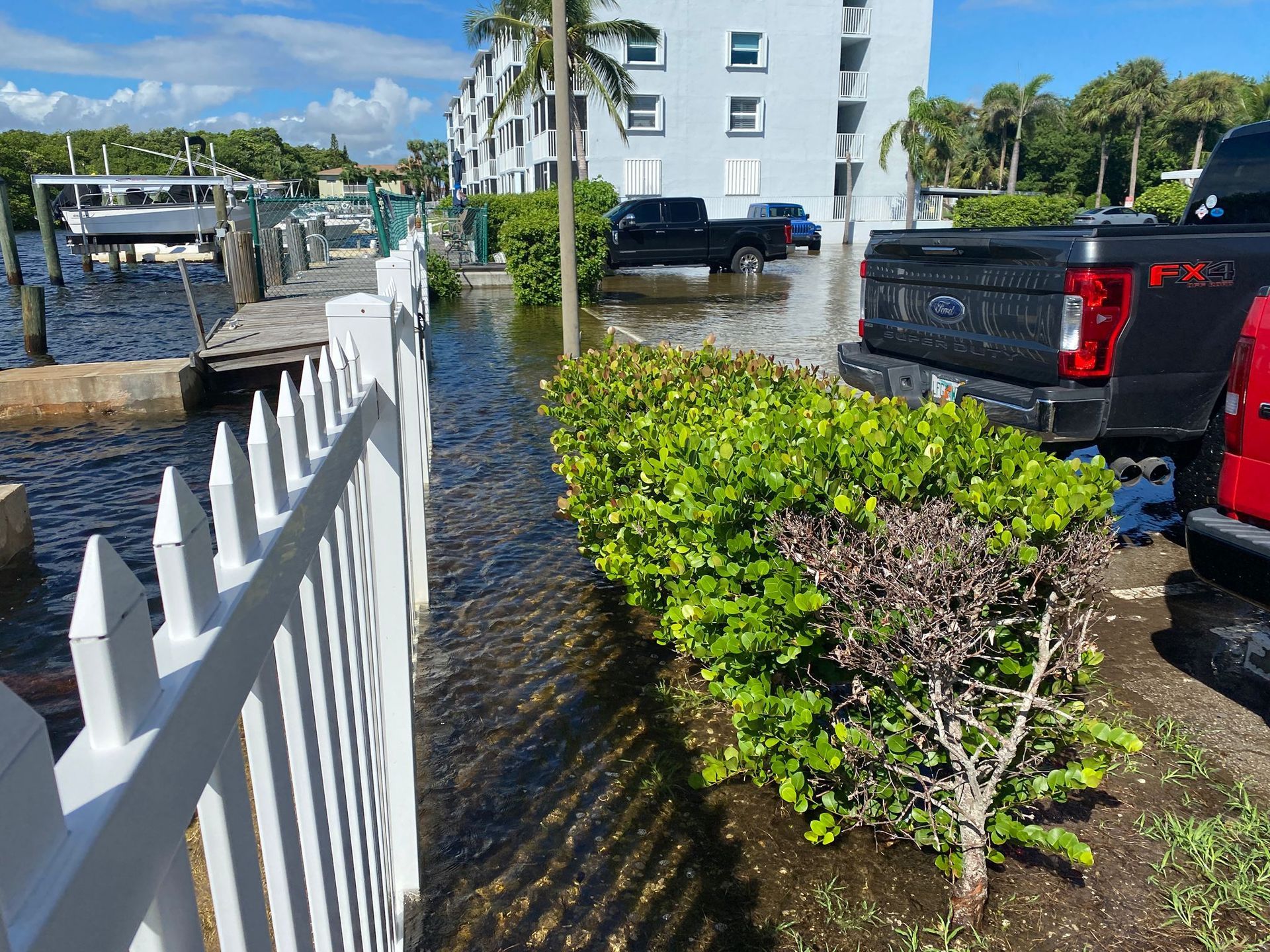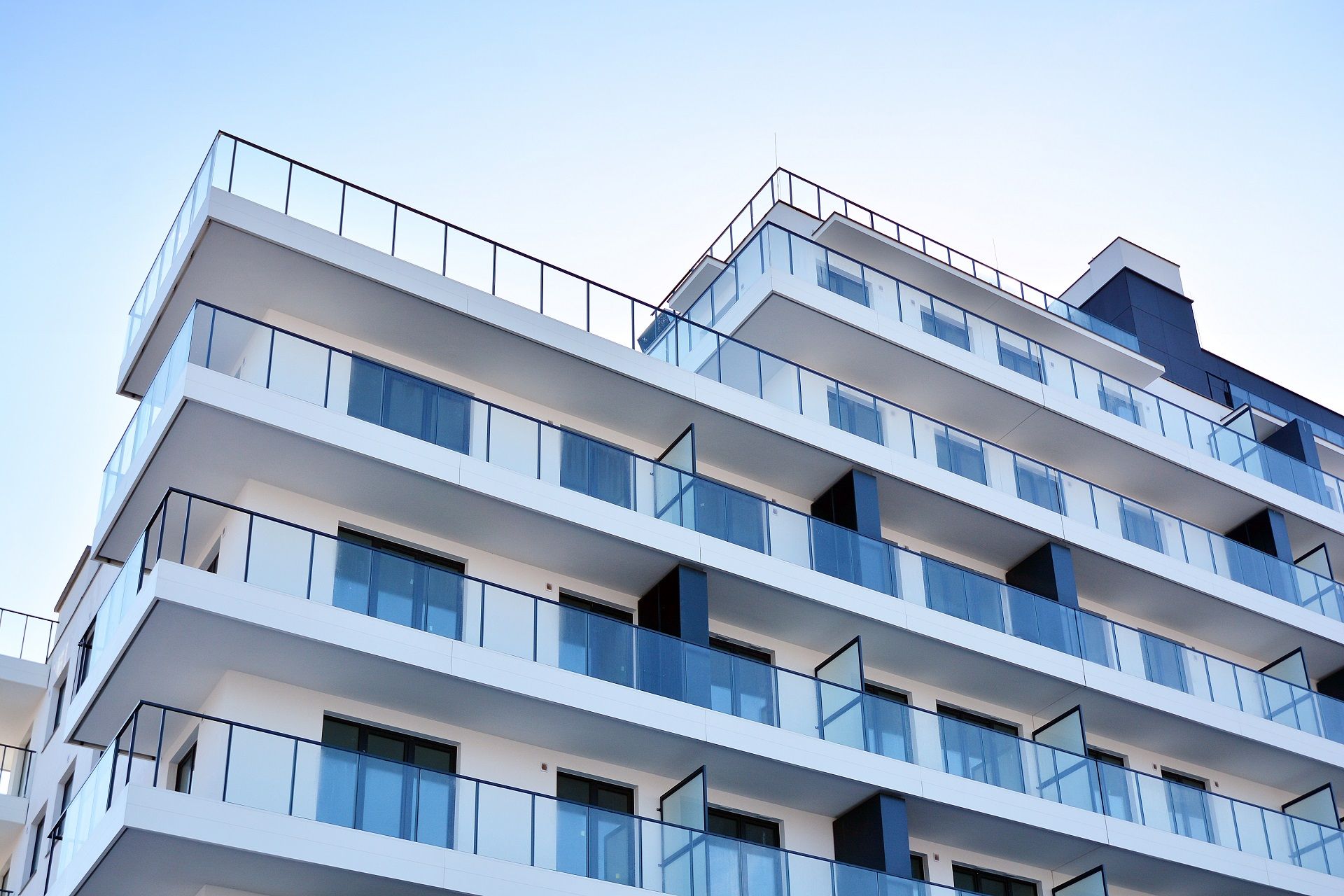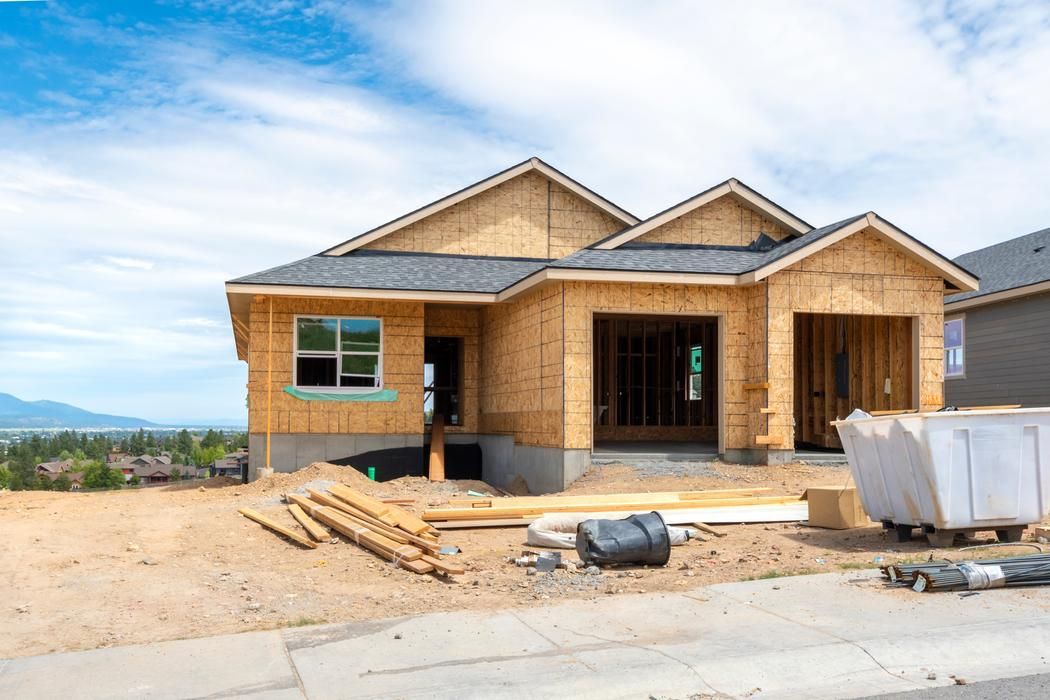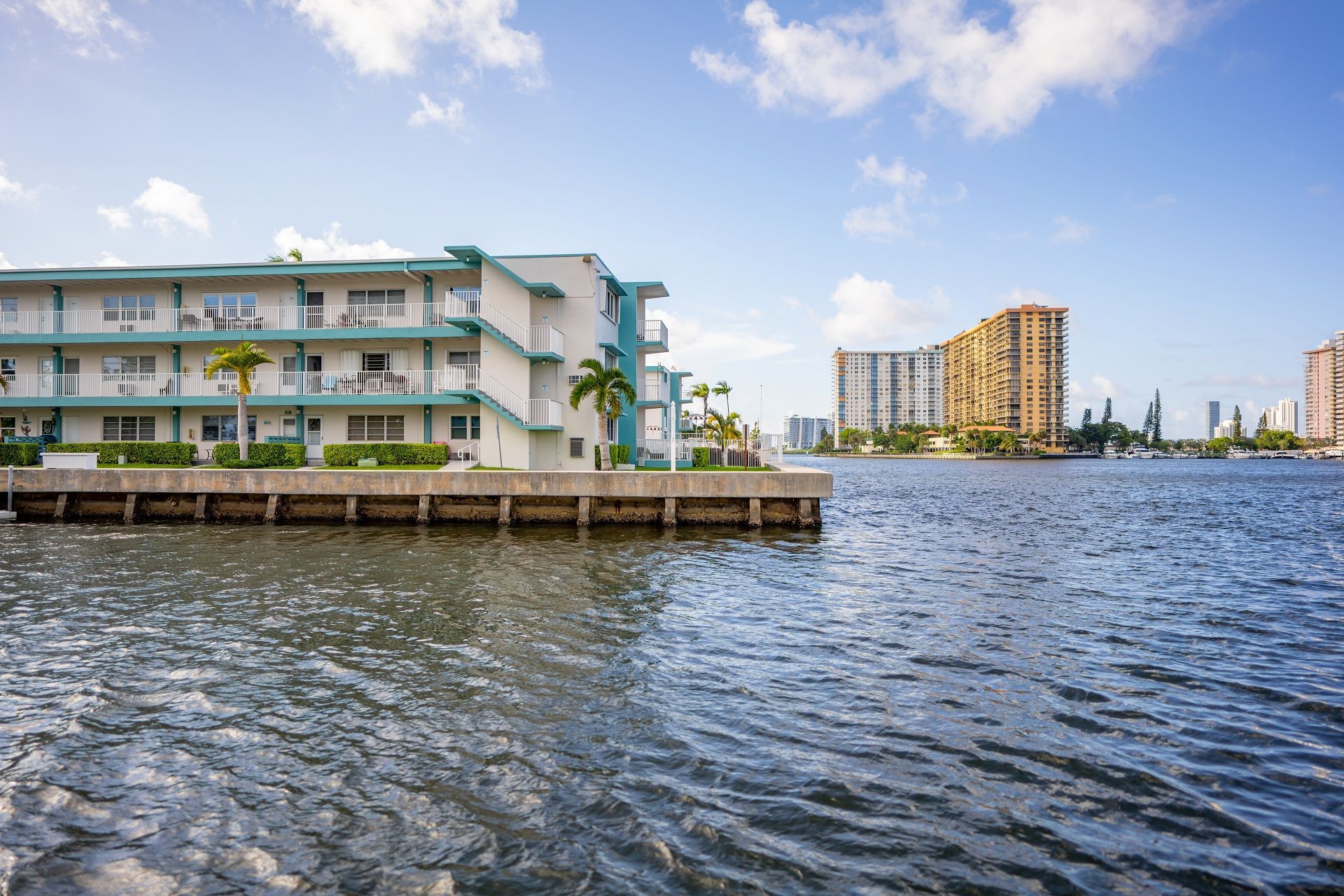What Are The Two Types Of Seawalls That Are Most Commonly Found In South Florida?
A coastal property can be your slice of paradise on Earth. However, heaven can quickly turn to hell at sea, as even mild waves can lead to devastating erosion that will eventually wear away the coastline - not good news.
Fortunately, engineers have figured out a way to alleviate this issue by constructing seawalls. These structures protect coastlines from erosion, and by extension, help keep homes near the sea safe.
If you’re in the market for a coastal property, you need to understand the basic functioning of a seawall, learn a bit about seawall repair, and which type you should prioritize when purchasing a home in Florida.
What Is A Seawall?
A seawall is a structure built with the primary role of preventing erosion of the shoreline. It forms a line between the land and the sea and is often used in areas where erosion may result in damage. Don’t let this confuse you as seawalls are also used as a preventative measure even if the coastline isn’t heavily eroded yet.
Generally, seawalls are constructed parallel to the shore, thus providing protection against the waves while also preventing the soil from sliding. They can be sloping, vertical, and constructed from different materials (more on that later).
Just like any other manmade structure, a seawall can’t last forever. Maintenance and seawall repair is recommended for those who own homes on the coast. When purchasing such property, you should have the seawall and any other shoreline structures such as docks inspected by a qualified professional.
Types Of Seawalls
As we briefly discussed, seawalls come in various shapes and sizes and can be constructed from different materials, including:
1. Timber
Timber seawalls are amazing for those who want to limit soil erosion on their property while also preserving a naturalistic look. It’s worth noting that despite the affordability and the attractive appearance, you may have to invest in seawall repair more frequently. This is especially important in Florida where timber erodes very quickly.
2. Cobblestone
This kind of seawall is constructed from large stones piled on smaller stones, dirt, and gravel glued together by mortar. Cobblestone seawalls are a sight to behold, but they are more appropriate for areas where the waves are slower.
3. Concrete
Concrete seawalls are simple, yet effective. They’re built from large blocks of concrete held together by metal reinforcements for extra strength.
Typically, these structures are durable, easy to maintain, and are frequently used in areas where there are frequent storms and heavy rains.
Best of all, concrete is very customizable, providing you with plenty of aesthetic options.
4. Sheet pile
Sometimes described as crude but effective, sheet pile seawalls are structures anchored into the soil with large rocks added to the base for additional support.
Although they tend to look bad, they are very beneficial and require minimal maintenance and repairs. Look may be a deal breaker for some homeowners, but if you see a sheet pile, you can assume that the coastline is safe - you’d be right nine out of ten times.
5. Steel
Steel is an extremely durable material that can withstand plenty of different weather conditions. In most climates, a steel seawall can survive decades with proper maintenance. Still, keep in mind that steel is prone to corroding when exposed to salt. This makes a steel seawall a subpar option for southern Florida where the salinity index is above average.
6. Riprap
Riprap seawalls are very common due to their durability and affordable construction. They’re built using a combination of large and small stones and pieces of concrete. It’s common to see these types of seawalls protecting river banks due to their ability to dissipate waves before they reach the soil.
Since they’re not exactly appropriate for coastal areas, in Florida, they’re used to strengthen the bases of existing seawalls.
7. Vinyl
A modern vinyl seawall helps protect properties from erosion, particularly during the tough Florida weather. They have an effective lifespan of 20 years, which can be significantly extended with professional seawall repair and maintenance.
8. Composite
Another “space age” type of seawall is made of composite materials that are the easiest to install. Don’t underestimate them because of their simplicity, as they’re famous for their durability. While not as sturdy as a concrete seawall, the composite version will maintain its original shape for years to come.
What Seawalls Are The Best Match For South Florida Coasts?
Not all seawalls are appropriate for challenging weather conditions in South Florida. To protect yourself from future trouble, you should look at properties with particular kinds of seawalls.
In Florida, the most commonly used seawalls are concrete and vinyl, with composite also becoming increasingly prevalent.
A concrete seawall is the most durable option that can last multiple decades with proper seawall maintenance (required only once every ten years, in most cases). There are a few negatives, though. Properties with concrete seawalls are more expensive. Plus, despite their durability, they will eventually start eroding.
Vinyl seawalls, on the other hand, are lightweight. Its raw materials are easier to transport and are thus a lot cheaper. In addition, they don’t require much maintenance and won’t rust or erode. The only downside is that due to their lightweight nature, vinyl seawalls are often smaller in scope and size.
Regardless of the type of seawall you encounter, you need to schedule a professional seawall inspection to check the condition of the structure and gain a clear understanding of how much money your seawall will incur after purchase.
Buy A Coastal Home With Confidence
Due to their exposure to the elements, coastal structures such as seawalls and docks require ongoing upkeep. Since the majority of the seawall is underwater, you need experts who can evaluate the condition above ground and below the waterline.
Certified Inspectors are always ready to help. With thirty years of experience inspecting commercial and residential properties and marine structures, you get the peace of mind that you’re paying for the most detailed inspection around.
In addition to a
seawall inspection, our inspectors provide both a wood dock inspection and concrete dock inspection with the assistance of Certified Dive Masters and cutting-edge imaging technology.
Schedule an inspection now - dial
(561) 570-6311 or shoot us an
email.
Disclaimer: The information on this website and blog is for general informational purposes only and is not professional advice. We make no guarantees of accuracy or completeness. We disclaim all liability for errors, omissions, or reliance on this content. Always consult a qualified professional for specific guidance.
Share the post:

